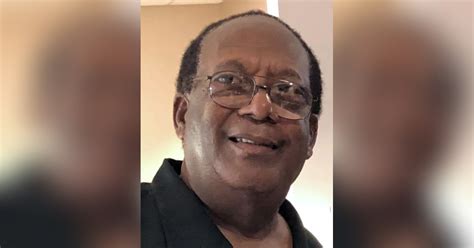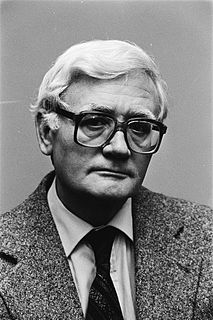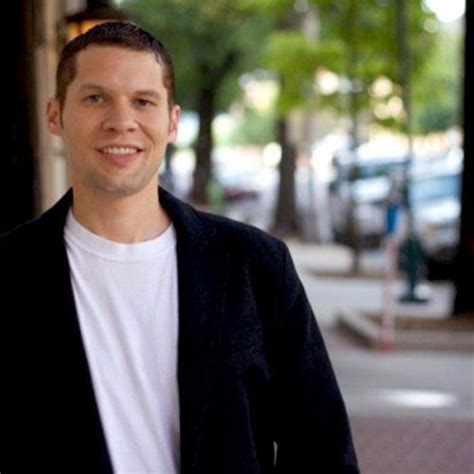A Quote by Johnnie Moore, Jr.
Forgiveness is constructed in the DNA of the persecuted. One Egyptian pastor this spring delivered a sermon titled, "A Message to Those Who Kill Us." In it he quoted Jesus, declaring the fact that the church would refuse to hate the terrorists, but would instead forgive them, pray for them, and love them. This is one of the reasons why so many terrorists are coming to Jesus.
Related Quotes
Jesus' forgiveness of our sins is the single most impactful part of the gospel, and when we forgive others who sin against us we're shining his light most brilliantly. Every act of forgiveness brings a touch of Heaven to Earth, and it makes the gospel look as otherworldly and supernatural as it is. Forgiveness is constructed in the DNA of the persecuted.
Even as the angry vengeful thoughts boiled through me, I saw the sin of them. Jesus Christ had died for this man; was I going to ask for more? Lord Jesus, I prayed, forgive me and help me to forgive him....Jesus, I cannot forgive him. Give me your forgiveness....And so I discovered that it is not on our forgiveness any more than on our goodness that the world's healing hinges, but on His. When He tells us to love our enemies, He gives along with the command, the love itself.
The terrorists, they have the wrong perception. They believe that the other group is trying to destroy them as a religion, as a civilization. So they want to abolish us, to kill us before we can kill them. And the antiterrorist may think very much the same way - that these are terrorists and they are trying to eliminate us, so we have to eliminate them first. Both sides are motivated by fear, by anger, and by wrong perception.
For the Jesus Revolutionaries, the answer was clear: Jesus would not be out waging "preventative" wars. Jesus would not be withholding medicine from people who could not afford it. Jesus would not cast stones at people of races, sexual orientatons, or genders other than His own. Jesus would not condone the failing, viperous, scandalplagued hierarchy of some churches. Jesus would welcome everyone to his his table. He would love them, and he would find peace.
The words of Jesus, including those Jefferson and the Jesus Seminar have blue-pencilled, have a unique permanence. They don't merely survive as aphoristic wisdom; they have an authority in our hearts, even when we try to deny them. They command. We can obey or rebel. That is why Jesus is still not only loved but hated - and why those who hate him feel they have to profess to love him.
Was not Jesus an extremist for love: "Love your enemies, bless them that curse you, do good to them that hate you, and pray for them which despitefully use you, and persecute you." Was not Amos an extremist for justice: "Let justice roll down like waters and righteousness like an ever-flowing stream." Was not Paul an extremist for the Christian gospel: "I bear in my body the marks of the Lord Jesus."
The crucified but risen Jesus appears in the believing, assembled community of the church. That this sense of the risen, living Jesus has faded in many [churches] can be basically blamed on the fact that our churches are insufficiently 'communities' of God. Where the church of Jesus Christ lives, and lives a liberating life in the footsteps of Jesus, the resurrection faith undergoes no crisis. On the other hand, it is better not to believe in God than to believe in a God who minimizes human beings, holds them under and oppresses them, with a view to a better world to come.
It is by the Holy Spirit that we love those who are united to us in Christ. The more plentifully we have received of the Spirit of Christ, the more perfectly we are able to love them: and the more we love them the more we receive the Spirit. It is clear, however, that since we love them by the Spirit Who is given to us by Jesus, it is Jesus Himself Who loves them in us.
I'm thinking, "What difference will this sermon make in their lives tomorrow? What am I trying to give them that will make a difference?" For example, had to do with the theme that Jesus will not let go of you. He's holding onto you. I talked to them about the disciples and Peter on the night before the crucifixion of Christ - how Jesus said that all of you are going to turn away, but He would be waiting for them in Galilee.
People are always talking about the first church. The real first church was that gaggle of people who followed Jesus around. We don't know anything about them. But he apparently didn't ask them what creed they subscribed to, or what their sexual preference was, or any of that. He fed them. He healed them. He forgave them. He is clear about sin, but he was also for forgiveness.
The great temptation of Big Data is that we can stop worrying about comprehension and focus on preventive action instead. Instead of wasting precious public resources on understanding the 'why' - i.e., exploring the reasons as to why terrorists become terrorists - one can focus on predicting the 'when' so that a timely intervention could be made.
But though I was initially disappointed at being categorized as an extremist, as I continued to think about the matter I gradually gained a measure of satisfaction from the label. Was not Jesus an extremist for love: “Love your enemies, bless them that curse you, do good to them that hate you, and pray for them which despitefully use you, and persecute you.”































